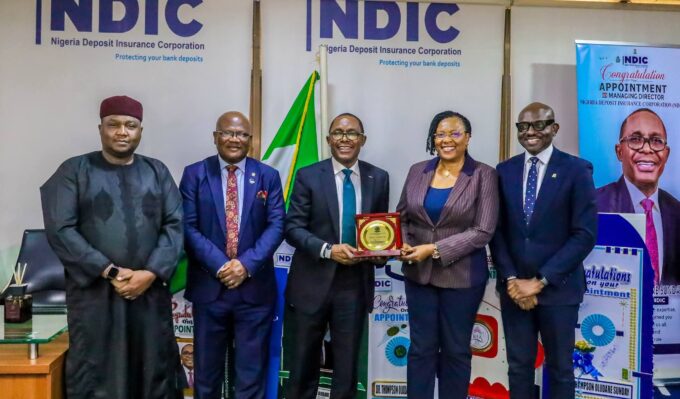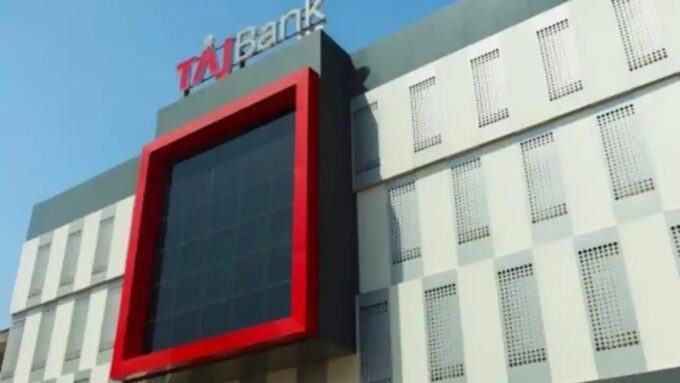By Adewale Sanyaolu
The Depot and Petroleum Products Marketers Association of Nigeria (DAPPMAN) has fired back at the Dangote Refinery and Petrochemicals Company over multiple allegations contained in a statement released by the company on Monday.
The Executive Secretary of DAPPMAN, Mr. Olufemi Adewole, said as an association representing legitimate depot owners and marketers in Nigeria’s deregulated downstream sector, it is compelled to correct the record and address claims that threaten the integrity of the industry, mislead the public and undermine regulatory confidence.
The association, in a statement, explained that the refinery’s claim that DAPPMAN sponsored NUPENG suggests a fundamental lack of understanding of how Nigeria’s downstream ecosystem works.
“Stakeholders such as NUPENG, NARTO, PETROAN, MEMAN, IPMAN and DAPPMAN are independent entities, each with distinct roles and interests. DAPPMAN does not control labour unions or other industry associations and has no business interfering in their decisions. DAPPMAN did not sponsor or support NUPENG’s proposed industrial action. Our role has been one of de-escalation, focused on averting disruption to fuel supply and national mobility.’’
On market pricing, it said the development is not a Dangote-driven outcome, stating that, the recent reductions in pump prices are primarily the result of a stronger naira (N1,500-N1,550/$ since Q1 2025), supported by the fiscal and monetary reforms of President Bola Ahmed Tinubu’s administration and the Central Bank of Nigeria (CBN).
Other reasons according to DAPPMAN were; declining international crude prices (Brent crude fell from $92 to $76 per barrel), market deregulation and improved FX liquidity under the current administration The association queried why Dangote’s exports thrive in open markets and not in Nigeria, saying the Dangote Refinery has, in recent times, successfully exported refined petroleum products to the United States and other countries with well-established refining capacity and competitive supply chains.
“These markets, despite having robust domestic production, remain open to external suppliers in the interest of supply diversity and market efficiency. If such countries had adopted restrictive trade practices, these export opportunities would not have existed. This underscores the global value of open, competitive supply chains, a principle Nigeria must uphold, not abandon.
DAPPMAN stated that misleading allegations that Nigerian marketers import Dangote-refined products from Togo are both misleading and ironic.
For clarity, it stressed that offshore Lome is a recognised West African (WAF) trading hub, not a blending plant, as some commentators have suggested, just as the Dangote Refinery is a refinery and not a factory, Offshore Lome is a trading point where cargoes are exchanged, not processed.
“Pricing ‘Offshore Lome’ reflects international market transactions and is not the same as retail pricing within Lome, Togo.
It is, in fact, the Dangote Refinery that offers discounts of over $40/MT to foreign traders while denying Nigerian marketers access to coastal vessel loading and restricting them to gantry-only lifting. This restrictive access and pricing structure create the very arbitrage opportunity the refinery now criticizes.
“A double standard Dangote’s claims that DAPPMAN members import fuels with sulphur levels above 50ppm contradict its own operational record. The refinery itself applied for waivers from NMDPRA to distribute high-sulphur products, in direct contravention of PIA Section 317(11).
We challenge the refinery to publicly deny this.’’


















Leave a comment